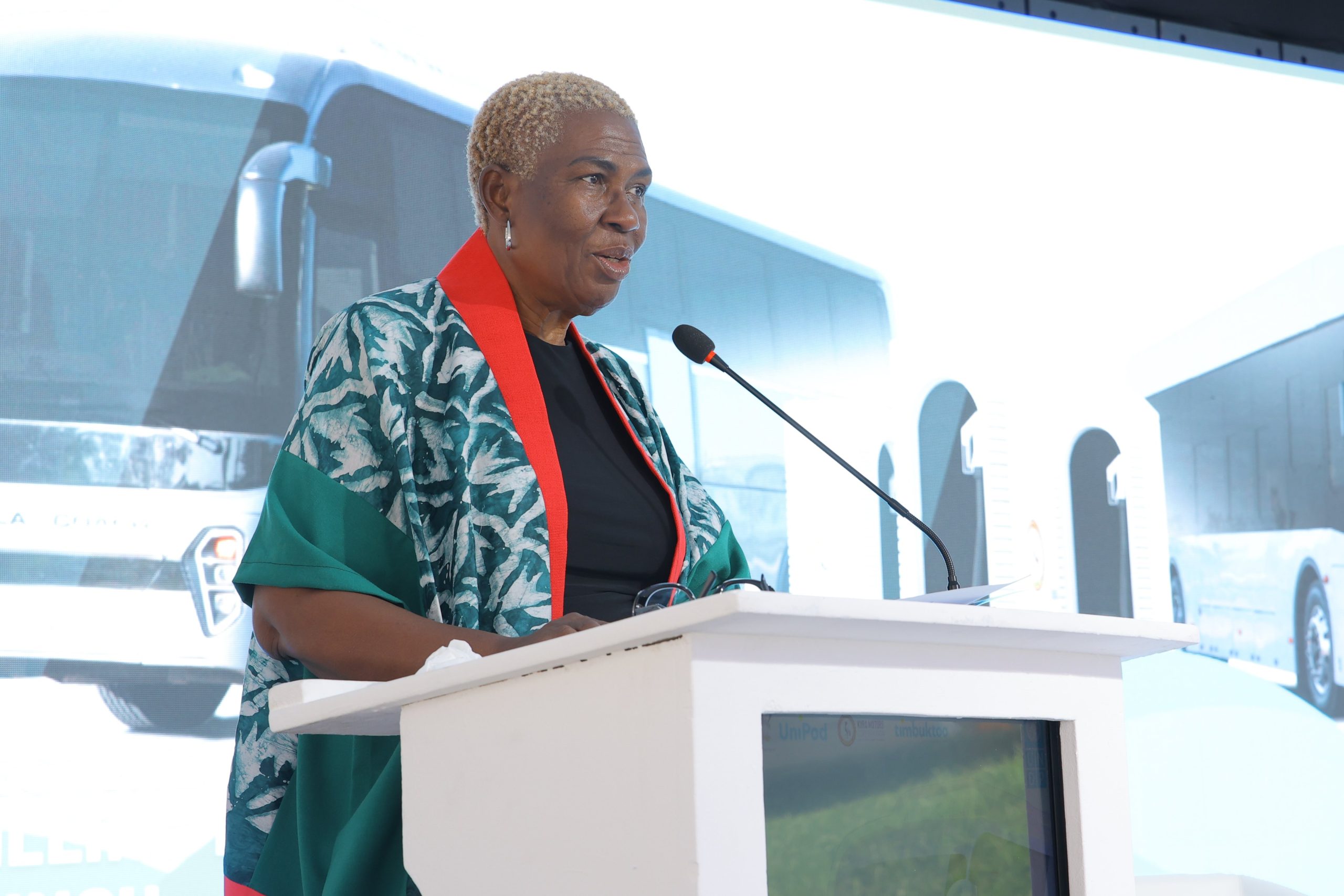
KAMPALA, Uganda — Makerere University has partnered with the United Nations Development Programme (UNDP) to launch an Electric Mobility Skilling Program, aimed at bridging the gender gap in Science, Technology, Engineering, and Mathematics (STEM) education.
The program, implemented in collaboration with Kiira Motors Corporation (KMC), will equip students with cutting-edge skills in electric vehicle technologies, promoting gender inclusivity and responsiveness in STEM education.
According to the Ministry of Education and Sports, girls in Uganda face significant challenges in pursuing STEM education, including low enrollment, poor performance, and high dropout rates. To address this, the program has adopted a gender-responsive approach, which includes affirmative action to ensure equal participation of female students.
Wanyana Selina Masembe, a second-year Bachelor of Science in Software Engineering student at Makerere University, is among the female students selected to join the program. Selina’s passion for engineering was sparked in high school, and she has since become an advocate for girls in STEM.
“I am excited to be part of this program, which will equip me with the skills and knowledge needed to succeed in the field of electric mobility,” Selina said. “I believe that this program will play a critical role in promoting gender inclusivity and responsiveness in STEM education in Uganda.”
The Electric Mobility Skilling Program is a one-year course that covers foundational concepts in electric vehicle technologies, including battery-powered electric motors and charging systems. The program also includes hands-on training and mentorship from experienced engineers at KMC.
Kiira Motors Corporation, a pioneer in sustainable mobility solutions, has been at the forefront of innovation in Uganda’s automotive industry. The company has produced several electric vehicles, including buses, and has installed charging infrastructure across the country.
According to Eng. Fred Matovu, a tutor at the Makerere University Innovation Pod, the Electric Mobility Skilling Program is designed to equip students with the skills and knowledge needed to succeed in the field of electric mobility.
“The program is designed to be hands-on, with a focus on practical skills and knowledge,” Eng. Matovu said. “We believe that this program will play a critical role in promoting innovation and entrepreneurship in the field of electric mobility in Uganda.”
The launch of the Electric Mobility Skilling Program marks a significant milestone in the efforts to promote STEM education and address the gender disparity in Uganda. As the program continues to grow and expand, it is expected to play a critical role in shaping the future of STEM education in the country.
According to Dr. Euzobia Baine, a lecturer at Makerere University’s College of Engineering, Design, Art and Technology, the Electric Mobility Skilling Program is a timely initiative that addresses the need for skilled manpower in the field of electric mobility.
“The program is designed to equip students with the skills and knowledge needed to succeed in the field of electric mobility,” Dr. Baine said. “We believe that this program will play a critical role in promoting innovation and entrepreneurship in the field of electric mobility in Uganda.”
As the Electric Mobility Skilling Program continues to gain momentum, it is clear that it has the potential to make a significant impact on the STEM education landscape in Uganda. With its focus on promoting gender inclusivity and responsiveness, the program is well-positioned to address the significant gender disparity in STEM education in Uganda.
As Selina and her colleagues continue to navigate their engineering journeys, it is clear that programs like the Electric Mobility Skilling Program will play a critical role in shaping their futures. With its focus on promoting innovation, entrepreneurship, and gender inclusivity, the program is well-positioned to make a lasting impact on the STEM education landscape in Uganda.









